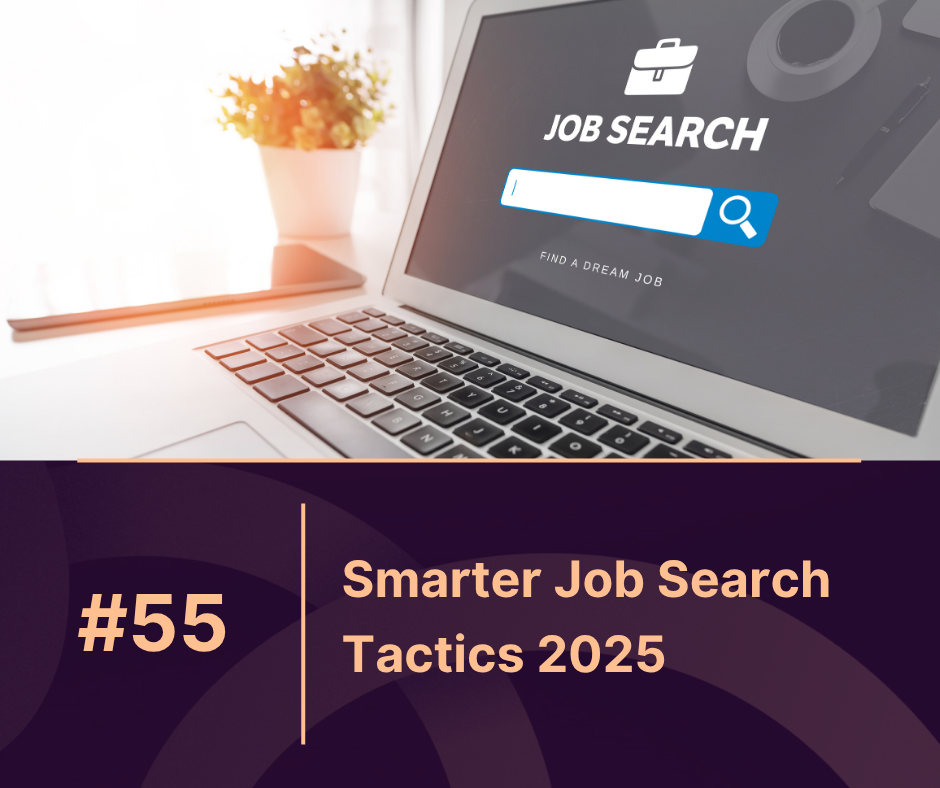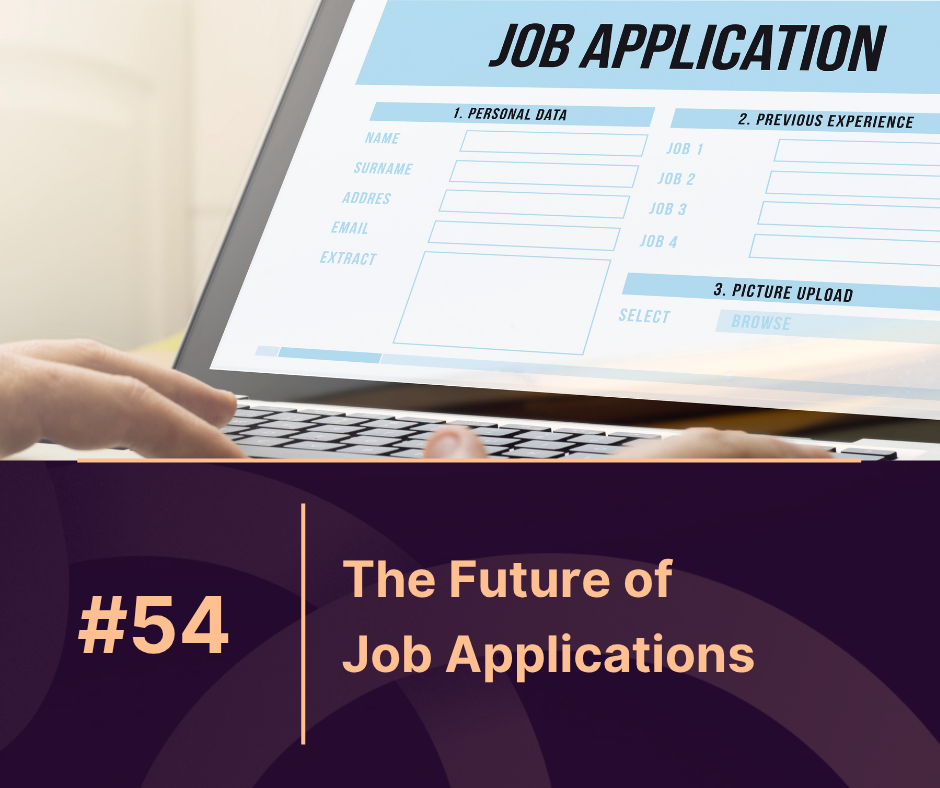Creating a resume isn’t enough anymore—today, you need a Next Level Resume that cuts through noise, passes ATS filters, and impresses hiring managers in under 7 seconds. This guide shows you exactly how to build a high-impact resume that gets you interviews faster.
Overview
A Next Level Resume is more than a list of jobs. It’s a strategic document tailored for recruiters, AI tools, and hiring managers. In this article, we’ll cover what makes a resume “next level,” how to write each section for maximum impact, and mistakes to avoid. Whether you’re a seasoned professional or job-hunting after a break, this guide ensures your resume performs across all platforms—including Google AI Overviews.
What Is a Next Level Resume?
A Next Level Resume combines traditional formatting with modern enhancements like keyword optimization, quantifiable results, and visual hierarchy. It’s built to:
- Pass applicant tracking systems (ATS)
- Highlight your unique value proposition
- Provide proof of results
- Be scan-friendly and recruiter-approved
Core Elements of a Next Level Resume
| Section | What to Include | Pro Tip |
|---|---|---|
| Header | Name, Phone, Email, LinkedIn/Portfolio | Use a professional email address |
| Summary | 2-3 lines on your expertise & value | Use strong verbs & specific job titles |
| Experience | Roles, results, dates, employers | Focus on outcomes, not duties |
| Skills | Tech, soft, and role-specific skills | Tailor to job descriptions |
| Education | Degrees, schools, certifications | List recent and relevant credentials |
| Add-ons | Awards, languages, volunteering | Showcase differentiators |
6 Steps to Build a Next Level Resume
1. Start with a Strong Headline
Skip the generic objectives. Instead, use a bold headline like:
“Data-Driven Marketing Strategist | 5+ Years in SaaS Growth”
2. Write a Powerful Summary
Craft a compelling opening paragraph that tells hiring managers what you bring to the table. Focus on impact, not fluff.
3. Quantify Your Achievements
Use metrics to highlight success. Recruiters favor numbers:
- Increased conversion rate by 34% in 6 months
- Managed a $500K annual marketing budget
- Closed 45 B2B deals in under a year
4. Tailor for the ATS
Use role-specific keywords pulled from the job description. Tools like Jobscan or Semrush can help optimize for ranking.
5. Focus on Visual Clarity
Use bullet points, bold headers, and whitespace. Avoid graphics that confuse ATS systems. Stick to clean fonts like Calibri or Helvetica.
6. Add a Call to Action
Include a subtle CTA in your summary or footer:
“Explore my portfolio and MaxProfile at [yourlink] to learn how I deliver results.”
What Sets a Next Level Resume Apart?
According to a 2025 CareerBuilder study, only 18% of resumes are optimized for both humans and machines. Here’s how Next Level Resumes stack up:
| Resume Type | ATS Friendly | Uses Metrics | Visually Clear | Gets Interviews |
| Traditional Resume | ❌ | ❌ | ❌ | Low |
| Next Level Resume | ✅ | ✅ | ✅ | High |
Common Mistakes to Avoid
- Using a one-size-fits-all resume for every job
- Overusing buzzwords without proof (“go-getter,” “team player”)
- Including outdated skills or irrelevant experience
Conclusion
A Next Level Resume is your key to faster interviews and better job offers. By showcasing measurable impact, clean design, and strategic keyword use, your resume will stand out in 2025’s competitive job market.
Ready to get noticed? Create your MaxProfile and take your resume to the next level. Learn more at MaxProfile.io
FAQs
What makes a resume “Next Level”?
A Next Level Resume is tailored, metrics-driven, ATS-optimized, and recruiter-friendly.
How long should a Next Level Resume be?
Ideally 1 page for early careers, 2 pages for mid-to-senior roles. Focus on relevance.
Can I use a design-heavy template?
Avoid overly designed templates. Clean, ATS-compliant formats work best.
How do I add keywords?
Use job descriptions to identify keywords, and integrate them naturally into your experience and skills.
Should I create different resumes for different jobs?
Yes. Customizing your resume increases your chances of getting noticed and landing interviews.



